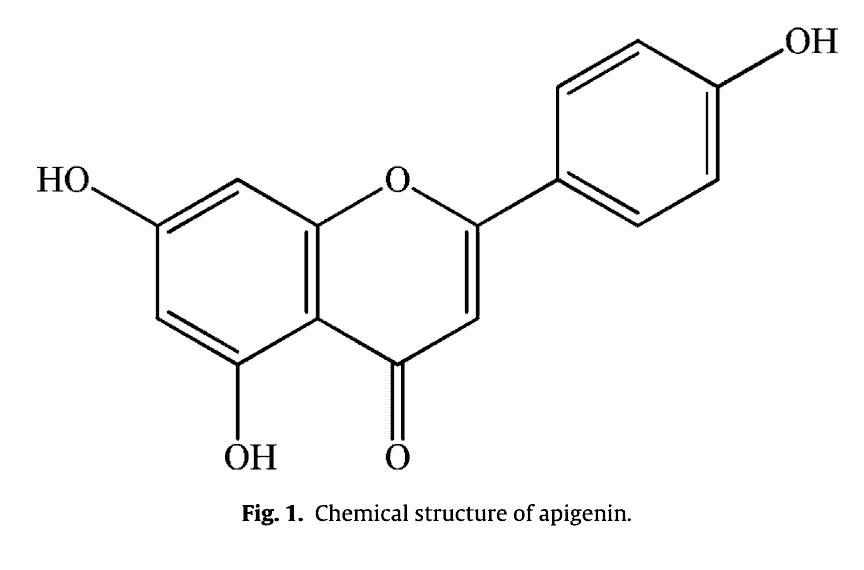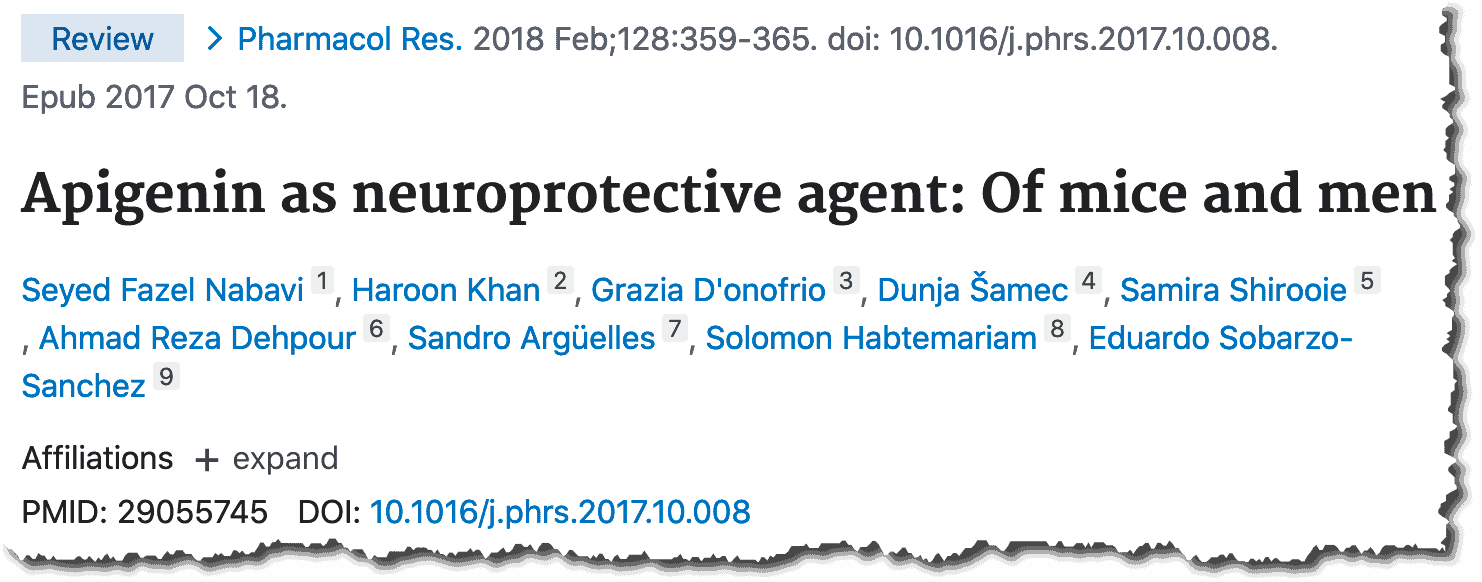
Foods with this flavonoid have super neuroprotective effects!
—-Important Message—-
Here’s what men are saying about my Paint It On and Watch It Grow formula…
Helge, a man from Norway, says that this has him feeling like a new man:

And another man going by “John” says that he thought it sounded too good to be true…
But he was wrong!

Just paint this on and watch it grow…
———-
These apigenin-rich foods can protect against Alzheimer’s
Apigenin is a flavonoid found in certain relatively common food items such as celery, parsley, citrus fruits, chamomile etc.

It has been found to have a host of protective benefits, including but not limited to: anti-inflammatory, anticancer and neuroprotective effects.
The neuroprotective effects are particularly relevant…
…because apigenin has been shown to alleviate the symptoms and pathology of depression, as well as Parkinson’s and Alzheimer’s disease.

An instance of apigenin’s anti-depressant effect was observed when researchers found that it could lessen the dopamine decline typically observed in stressful situations (in this case a forced swim test in mice):
“Apigenin (25 mg/kg) treatment produced attenuation of forced swim test-induced decrease of DA turnover in the amygdala and increase of DA turnover in the hypothalamus. Furthermore, intraperitoneal administration of haloperidol (0.2 mg/kg), a dopamine D(2) antagonist, blocked the apigenin (25 mg/kg)-induced decrease in immobility in the forced swimming test. These behavioral and biochemical results indicate the antidepressant properties of apigenin, which may be mediated by the dopaminergic mechanisms in the mouse brain.’’ – Nakazawa et al. (2003)
With respect to Alzheimer’s disease, apigenin appears therapeutic through several pathways, and can potentially slow the progression of the disease:
“Apigenin may induce muscle relaxation and sedation depending on the dose, and it is also active as an antioxidant, anti-inflammatory, anti-amyloidogenic, neuroprotective, and cognition-enhancing substance with interesting potential in the treatment/prevention of Alzheimer’s disease. This disease is a progressive neurodegenerative disorder, characterized by the deposition of amyloid beta, neurofibrillary tangles, astrogliosis, and microgliosis, leading to neuronal dysfunction and loss in the brain. The pharmacological treatment for Alzheimer’s disease is only symptomatic, and focuses on cholinergic transmission. Apigenin could represent a novel tool to delay the onset of Alzheimer’s disease or slow down its progression.” – Salehi et al. (2019)
Similar neuroprotective and anti-inflammatory benefits have been found in animals and human studies on Parkinson’s:
“…(apigenin) has neuroprotective role in experimental models of [Alzheimer’s] and [Parkinson’s] diseases, as well in preclinical and clinical trial studies in humans. Beyond the well-known antioxidant activity of flavonoids, the observeds neuroprotection effect appears to be linked to ameliorated the inflammatory components of [Alzheimer’s and Parkinson’s].” – S.F. Nabavi et al. (2018)
Most of the research on apigenin has been limited largely to in vitro studies.
In recent years, there has been more and more animal and even human studies.
The potential therapeutic effects of apigenin are very wide-ranging, and not limited to neuroprotective effects.
Apigenin appears to be very safe, with no toxicity ever reported.
Making an effort to optimize one’s diet to obtain apigenin-rich foods can therefore be a worthwhile effort.
Fresh chamomile herbal tea, cream of celery/celeriac soup, and citrus fruits made into a marmalade are just a few ways to incorporate apigenin-rich foods.
A greater emphasis on cooking with fresh herbs like thyme, rosemary and parsley can also make a difference in the long term, by providing a consistent and regular supply of apigenin.
—-Important Message About Avoiding Alzheimer’s—-
Beware the killer lipid lurking in the U.S. food supply

Nearly 100 years ago, manufacturing companies started contaminating food with a toxic killer chemical…
And now today, it’s in almost every single food item we eat.
It’s in fast food, organic food, so-called “healthy” foods — every single food at the grocery store is full of this toxic chemical.
And it’s doing terrible things to men’s bodies… it’s even been linked to Alzheimer’s.
Unfortunately, there’s almost no way to avoid eating this killer chemical nowadays. It’s in too much of the food supply…
But I’ve finally found a way around it — a way to neutralize this killer lipid before it enters my body and travels to my brain…
———-
